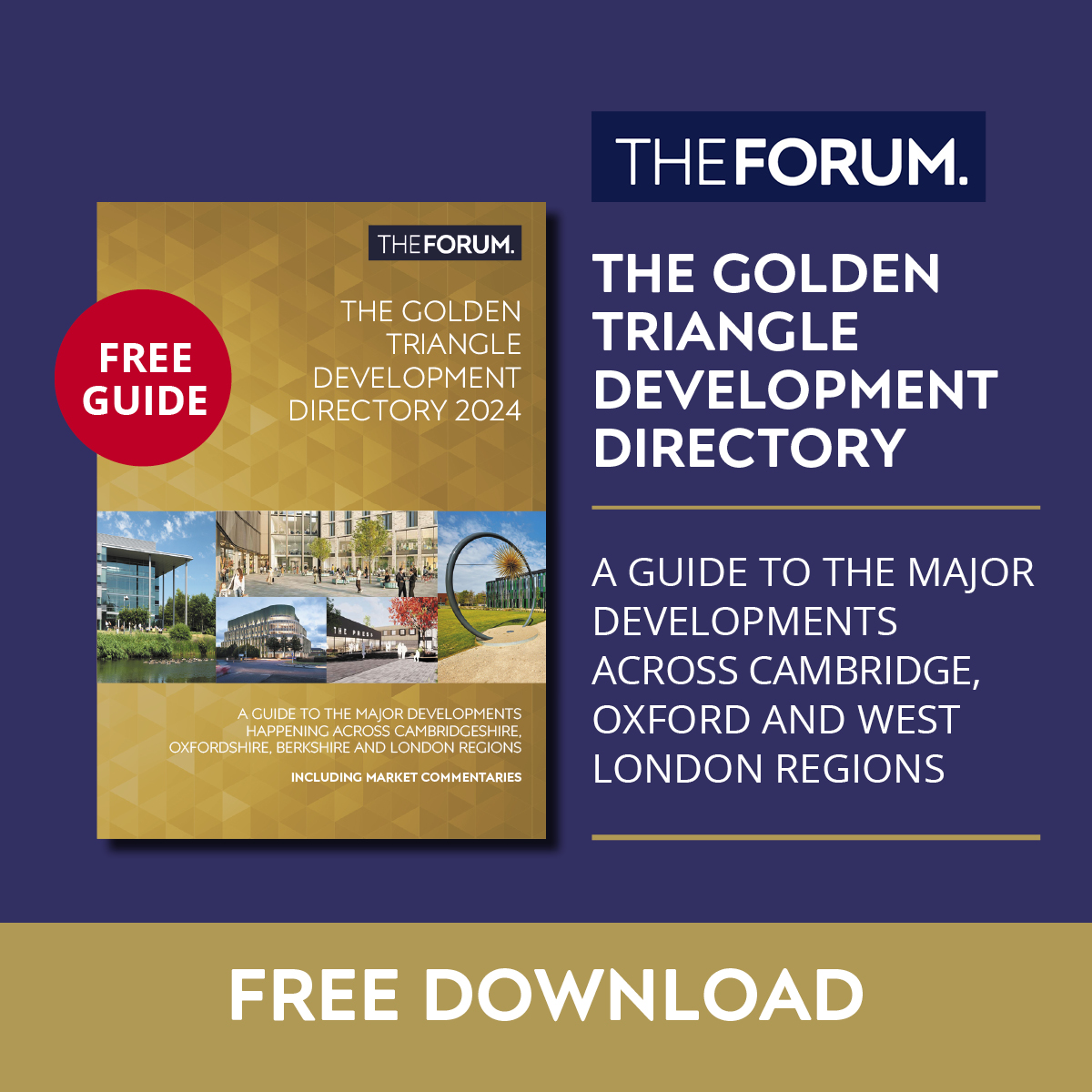DevComms director Maria Allaway assesses the future of council meetings in the light of news that they are soon to come offline.
The announcement came from Government last week that emergency legislation regarding virtual council meetings will not be extended beyond May 7.
Whilst the very fact they were ‘emergency’ powers means the legislation was not long term, is the decision to remove them so soon into the relaxing of restrictions premature?
In a matter of weeks, virtual planning committees, amongst other official meetings, will no longer take place.
The announcement also confirmed that the Government will consult local authorities on their experiences of holding virtual council meetings before a decision is made on whether they should be a permanent feature of the democratic process.
In the meantime, however, there will no doubt be widespread implications to consider as we head towards May 7.
The journey into virtual council meetings has truly been an adventure for all involved; participants and observers alike.
From the technical teething problems of the early days, through to ‘you’re on mute’, they’ve been an eye opener for many on what actually happens in these meetings.
Albeit the example of Handforth Parish Council earlier this year being a negative experience, almost a year on, they run fairly smoothly now and have been an essential mechanism for getting the planning system and democratic accountability back up and running when everything ground to a halt during the first lockdown.
In many ways, they have simply become part of the process and many welcome the convenience of logging into the committee meeting minutes before it starts – and in the comfort of their own home.
Some virtual civic meetings have also been live streamed on social media which has further encouraged participation and opened up a forum to many which had been inaccessible or simply unknown to them before now.
So, will their cessation be a retrograde step?
Whilst the light at the end of the pandemic tunnel is now in our vision, there are still many unknowns and uncertainties in the interim.
The biggest of those surely being, what if social restrictions become necessary once again?
In that scenario, the removal of those powers means that it would not be legal to convene a virtual council meeting without the legislation being re-introduced.
How quickly could that take place and what would be the extent of the delays to the planning process and the ability to make democratic planning decisions in an inclusive environment?
In terms of reconvening physical meetings, will all planning committee members and officers be willing to attend and will this affect the quality of decision making if there are some who are unwilling?
There will be implications for the public gallery, which tend to offer limited space and seating at the best of times. Should there be a major or contentious application being discussed, what would the arrangements be to ensure the public has unfettered access? Will the public feel safe attending these meetings?
Another consideration is that a move to a digital planning process was a core theme of the Government’s White Paper, published last year.
The transparency and improved accessibility provided by online committees has been a rare silver-lining that has emerged out of the pandemic. It would seem that to discontinue that provision in the long term would certainly be a negative outcome.
The many benefits of virtual meetings should be retained in some way for the future, possibly via a hybrid model to allow a physical meeting to take place but enable it to be broadcast online simultaneously.
After the year that’s been, the planning system and development industry needs certainty, not delay.
In the meantime, we await further details on the consultation that will take place with local authorities on the future role of virtual council meetings.
However, this needs to be actioned quickly and not over an extended period of time.
© Thames Tap (powered by ukpropertyforums.com).
Sign up to receive your free weekly Thames Tap newsletter here.
















Keep the virtual meetings!